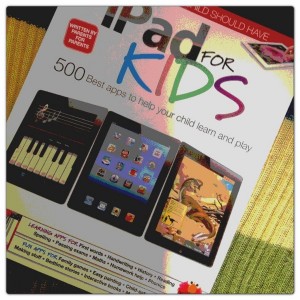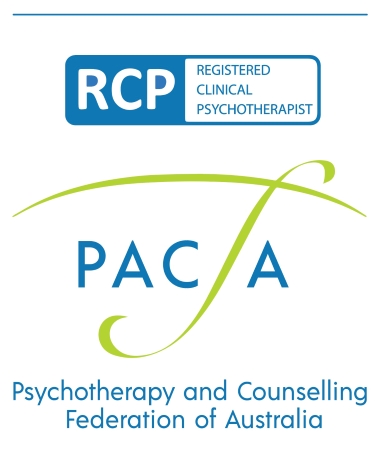 Children and Handheld Devices. Why our family did a U-turn is the first of my Children and Handheld Devices series.
Children and Handheld Devices. Why our family did a U-turn is the first of my Children and Handheld Devices series.
As a psychotherapist in part-time private practice and full-time stay at home mum, like most people these days, I’d feel somewhat lost without my iPad. Its benefits are endless: appointment scheduler, camera, children’s playground finder, weather forecaster, recipe index, cinema booking office, music player, daily meditations, online bookstore, email, social media business and life organiser…all in the one spot!
Much of my clinical and written work for the past 15 years has focused on addiction, so I am constantly aware of the limitations and increasing dangers of the overuse, abuse and addiction to touch screen devices and the internet. Coupled with my studies in childhood attachment and development throughout my psychotherapy training, I was reluctant to let our children use iDevices in their early years. I saw few developmental benefits and thought they hindered creativity and the ability to connect and relate to others (one of the major underlying issues with all addictions).
From the iPad, iPad mini, iPod touch, iPhone to the iPotty (yes you did read that correctly!) – Ben Worthen, technology writer from the Wall Street Journal writes that over 39% of two to four year olds and 52% of children, five to eight years old, are now tech savvy. For eight to eighteen year olds, media use has grown so quickly that on average children and teenagers are spending twice as much time using iDevices as they spend time in school. Children with parents who have busy life and work schedules and with books considered outdated by some, many children are now spending less than 10 minutes a day reading. Screen time however is consistently on the rise.
Mike Elgan from PCWorld suggests that it won’t be long before every child will have a touch-screen device. Parents, who are tired of losing their own iDevices to their children, will either purchase the far more affordable iPad mini or they will continue to pass down their older versions as they upgrade to a newer model.
The iPad has been described by the New York Times technology guru, David Pogue, as a ‘magic electronic babysitter that creates instant peace in the household’. Elgan suggests that parents are always looking for electronic babysitters to pacify their kids so they can do something else, for example, driving, cleaning or making dinner. As an overwhelmed and exhausted new mother of two toddlers, I wondered how on earth other parents survived the much needed ‘quiet time’ and cooked dinner at night without distracting their kids with ‘educational’ TV or by playing ‘educational’ and ‘interactive’ games on the iPhone or iPad. For those who have experienced that time between 4pm to dinner, bath or bed, when our adorable little beings turn into screeching and scary little witches, goblins, demons and monsters – screen time instantly brings a sense of calmness to what is otherwise known as ‘witching hour’.
Then something far scarier happened (amongst other warning signs!). Two months ago when I tried to remove the iPad from our nearly two year old – having only ever used it three or four times to read interactive stories as a family – he threw the tantrum from hell. For half an hour, he kicked, stomped, thrashed and yelled, ‘iPad, iPad, iPad, iPad, iPad…’. He howled hysterically and was completely unable to be soothed. Whilst approaching the so called ‘terrible twos’, this type of tantrum was extreme and out of character.
Bearing all of this in mind, I began to research the effects of the use of touch-screen devices in early childhood. Apparently, our son’s reaction is not uncommon. For the time being, we have done a U-turn in regards to letting our kids use iDevices until they are older and can appropriately navigate guidelines and boundaries. It probably comes as no surprise then, that in the coming weeks, we will not be using the iPotty in our attempts to potty train our little one!
References
Elgan, Mike, 2011, iPad for Kids, PCWorld Online
Pogues, 2011, A Parent’s Struggle With a Child’s iPad Addiction. New York Times Online
Worthen, Ben, 2012, What Happens When Toddlers Zone Out With an iPad. Wall Street Journal Online













One Response
Hello Im a mum to 1 gorgeous 6 year old boy and a trained occupational therapist. I am looking forward to reading your next posts on the use of the ipad. Although I totally see the benefits of the modern computer world in teaching and training and for relaxation, there is also a fear of the addictive nature of these devices and whether the long term effects on eyesight/brain development will be negative in the longer term. I find I am constantly having to threaten to take the nintendo ds away from my son unless homework is completed. For that I find it really useful as the mere threat of losing it seems to kick him into action!.
Look forward to reading the next posts!
thanks so much